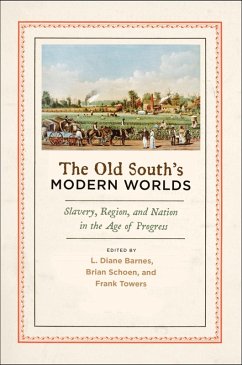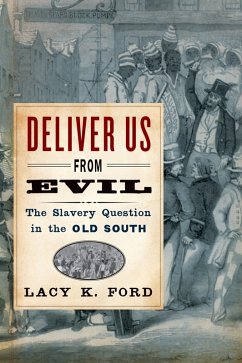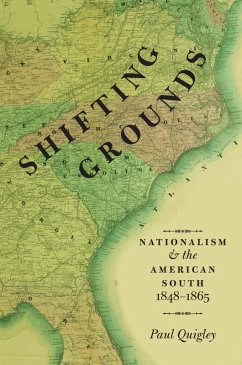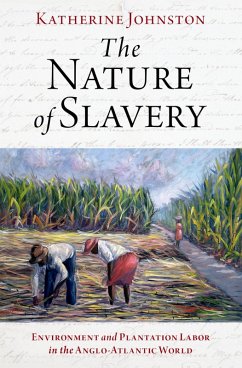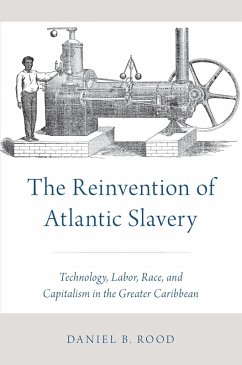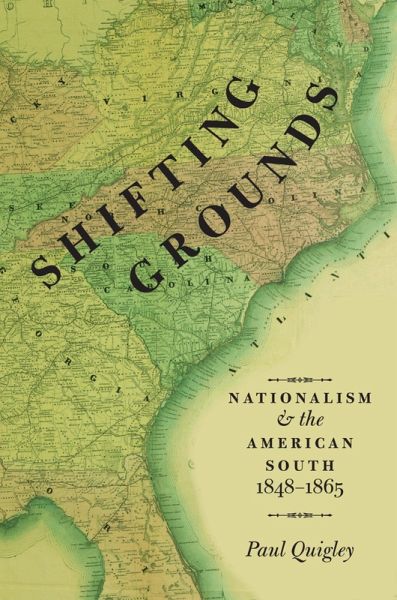
Shifting Grounds (eBook, PDF)
Nationalism and the American South, 1848-1865

PAYBACK Punkte
8 °P sammeln!
Between 1848 and 1865 white southerners felt the grounds of nationhood shift beneath their feet. The conflict over slavery that led to the Civil War forced them to confront the difficult problems of nationalism. What made a nation a nation? Could an individual or a group change nationality at will? What were the rights and responsibilities of national citizenship? Why should nations exist at all? As they contemplated these questions, white southerners drew on their long experience as Americans and their knowledge of nationalism in the wider world. This was true of not just the radical secessio...
Between 1848 and 1865 white southerners felt the grounds of nationhood shift beneath their feet. The conflict over slavery that led to the Civil War forced them to confront the difficult problems of nationalism. What made a nation a nation? Could an individual or a group change nationality at will? What were the rights and responsibilities of national citizenship? Why should nations exist at all? As they contemplated these questions, white southerners drew on their long experience as Americans and their knowledge of nationalism in the wider world. This was true of not just the radical secessionists who shattered the Union in 1861, but also of the moderate majority who struggled to balance their southern and American loyalties. As they pondered the changing significance of the Fourth of July, as they fused ideals of masculinity and femininity with national identity, they revealed the shifting meanings of nationalism and citizenship. Southerners also looked across the Atlantic, comparing southern separatism with movements in Hungary and Ireland, and applying the European model of romantic nationalism first to the United States and later to the Confederacy. In the turmoil of war, the Confederacy's national government imposed new, stringent obligations of citizenship, while the shared experience of suffering united many Confederates in a sacred national community of sacrifice. For Unionists, die-hard Confederates, and the large majority torn between the two, nationalism became an increasingly pressing problem. In Shifting Grounds Paul Quigley brilliantly reinterprets southern conceptions of allegiance, identity, and citizenship within the contexts of antebellum American national identity and the transatlantic "Age of Nationalism," shedding new light on the ideas and motivations behind America's greatest conflict.
Dieser Download kann aus rechtlichen Gründen nur mit Rechnungsadresse in A, B, BG, CY, CZ, D, DK, EW, E, FIN, F, GR, HR, H, IRL, I, LT, L, LR, M, NL, PL, P, R, S, SLO, SK ausgeliefert werden.




